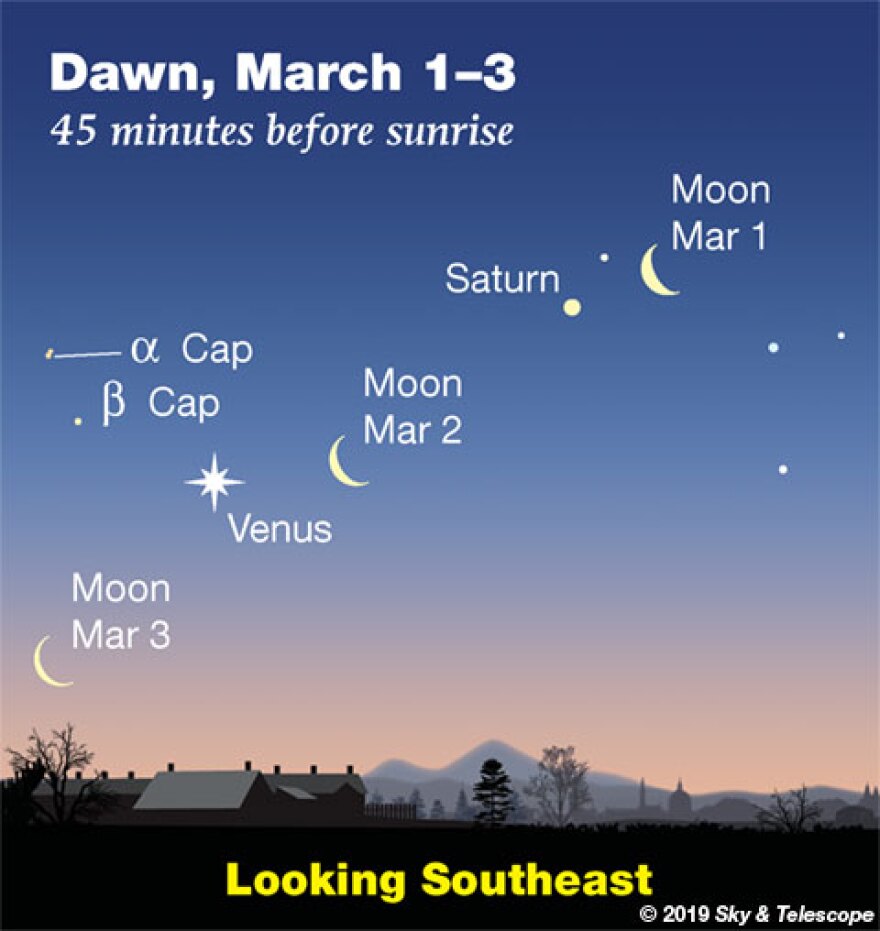"We thus remove and absoltuely abolish the old calendar."
With these words, written over 400 years ago this week, a universal ordering in the reckoning of time was established.
These words are the 14th point in the Papal Bull known as the "inter gravissimas", more commonly known as the Calendar Reform of Pope Gregory XIII, and even though Gregory's reform was first enacted in October of 1582, the "inter gravissimas" was issued earlier that year, on February 24th.
"Inter gravissimas" means: among the most serious tasks, esepcially because, in the Middle Ages, by far the most important thing every year was determining the correct date for observing the festival of Easter.
Ordinarily, Easter will be the first Sunday after the first Full Moon after the Vernal Equinox. Including the positions of the Sun and the Moon in the determination allows for Easter to be considered both an earthly and a celestial mystery. So it's not just a convenient date on the calendar, but a date that moves from one year to the next, based on the changing relationships between the Sun, the Moon, and the Earth.
But this year, there's a quirk, because astronomically, the Vernal Equinox and the Vernal Full Moon will happen on March 20th, but Gregorian calendar rules fix Equinox to March 21st. That means that this year's first Full Moon of the Spring is disqualified from determining the date for Easter.
This week, don't miss the waning crescent Moon as it sweeps through the morning sky and the beautiful array of morning planets, including Jupiter on Wednesday, Saturn on Friday, and then cozying up with Venus on Saturday.

